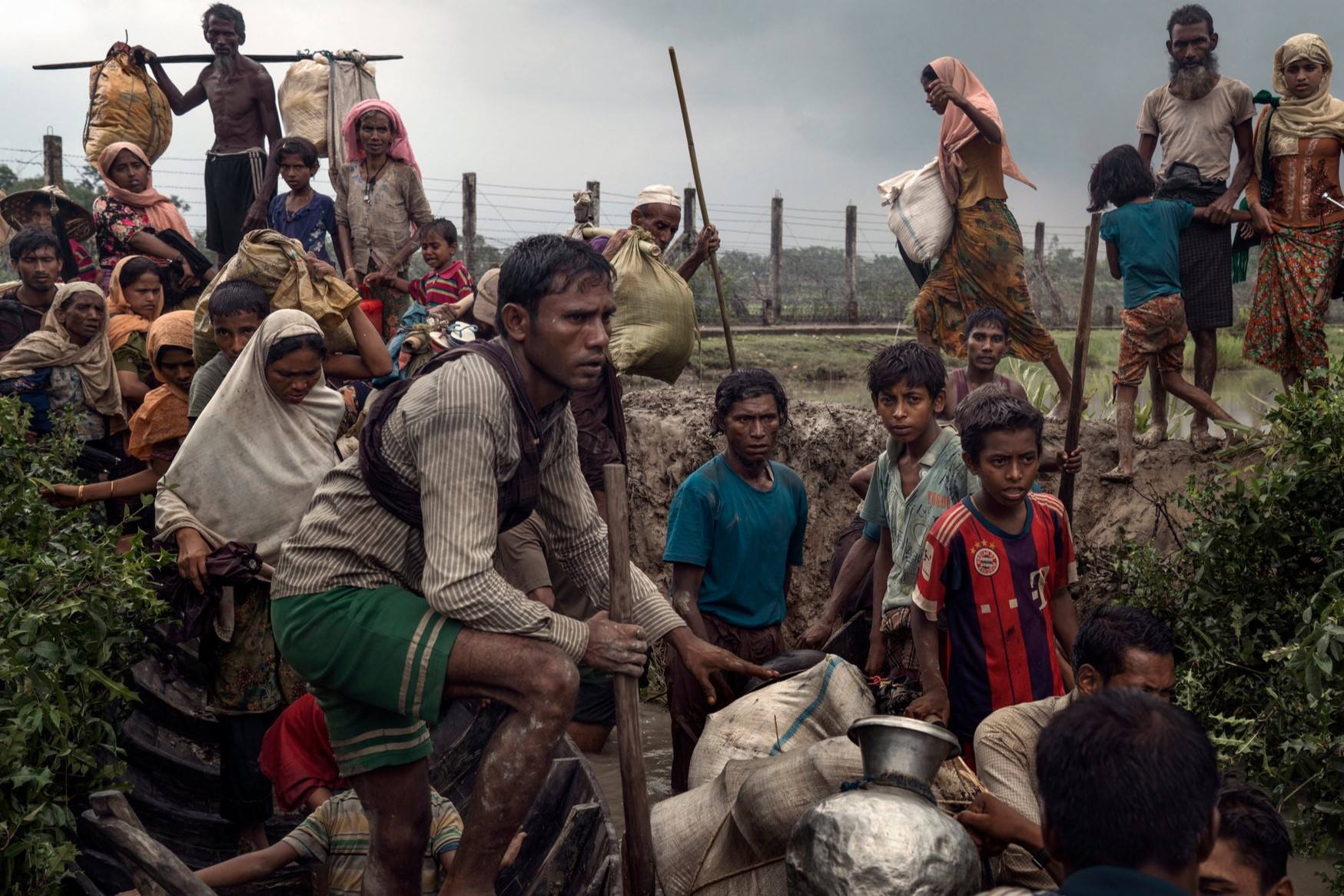
What is the Rohingya Genocide? The Rohingya Genocide refers to the systematic persecution and violence against the Rohingya people, a Muslim minority group in Myanmar. This tragic event has led to mass killings, forced displacements, and widespread human rights abuses. The Myanmar military, along with local mobs, has been accused of committing atrocities such as murder, rape, and arson against the Rohingya. Many have fled to neighboring countries, seeking refuge from the violence. Despite international condemnation, the situation remains dire, with ongoing debates about accountability and justice. Understanding this genocide is crucial for raising awareness and advocating for the rights of the Rohingya people.
Understanding the Rohingya Genocide
The Rohingya genocide is a tragic and complex event. It involves the systematic persecution of the Rohingya people, a Muslim minority in Myanmar. Here are some crucial facts to help you understand this humanitarian crisis.
- The Rohingya are a stateless ethnic group primarily residing in Myanmar's Rakhine State.
- Myanmar's government does not recognize the Rohingya as one of the country's 135 official ethnic groups.
- The Rohingya have faced decades of discrimination and violence, leading to mass displacement.
Historical Context
To grasp the full extent of the Rohingya genocide, it's essential to look at its historical roots. This context sheds light on why the situation escalated to such a devastating level.
- The Rohingya have lived in Myanmar for centuries, with some historians tracing their presence back to the 8th century.
- British colonial rule from 1824 to 1948 exacerbated ethnic tensions by favoring certain groups over others.
- Post-independence, the 1982 Citizenship Law effectively rendered the Rohingya stateless, stripping them of basic rights.
The Crisis Unfolds
The genocide didn't happen overnight. It was a series of events that gradually intensified, leading to widespread atrocities.
- In 2012, violent clashes between the Rohingya and Rakhine Buddhists resulted in hundreds of deaths and thousands of displaced persons.
- The situation worsened in August 2017 when Myanmar's military launched a brutal crackdown, citing attacks by Rohingya militants as justification.
- This military campaign led to mass killings, sexual violence, and the burning of villages, forcing over 700,000 Rohingya to flee to Bangladesh.
International Response
The international community's reaction to the Rohingya genocide has been mixed, with some countries taking strong stances while others remain silent.
- The United Nations has described the military's actions as a "textbook example of ethnic cleansing."
- In 2019, The Gambia filed a lawsuit against Myanmar at the International Court of Justice, accusing it of genocide.
- Despite international condemnation, Myanmar's government and military leaders have largely denied any wrongdoing.
The Humanitarian Crisis
The impact of the genocide on the Rohingya people is profound, affecting every aspect of their lives.
- Over 1 million Rohingya refugees currently live in overcrowded camps in Bangladesh, facing dire conditions.
- Access to education, healthcare, and employment opportunities is severely limited for Rohingya refugees.
- Many Rohingya continue to face discrimination and violence in Myanmar, with little hope for a safe return to their homeland.
Reflecting on the Rohingya Genocide
The Rohingya genocide remains one of the most tragic events in recent history. Thousands of innocent lives have been lost, and countless others have been displaced. The international community must continue to raise awareness and push for justice. Understanding the facts helps us grasp the magnitude of the crisis and the urgent need for action.
By learning about the Rohingya people's plight, we can contribute to a more informed and compassionate world. It's not just about knowing the history but also about advocating for those who can't speak for themselves. The struggle for human rights and dignity is ongoing, and every bit of awareness counts. Let's not forget the lessons from this tragedy and work towards a future where such atrocities are prevented.
Was this page helpful?
Our commitment to delivering trustworthy and engaging content is at the heart of what we do. Each fact on our site is contributed by real users like you, bringing a wealth of diverse insights and information. To ensure the highest standards of accuracy and reliability, our dedicated editors meticulously review each submission. This process guarantees that the facts we share are not only fascinating but also credible. Trust in our commitment to quality and authenticity as you explore and learn with us.


